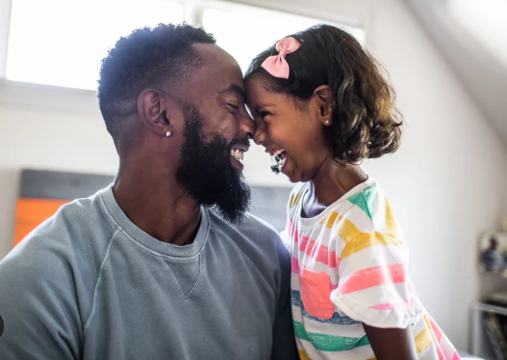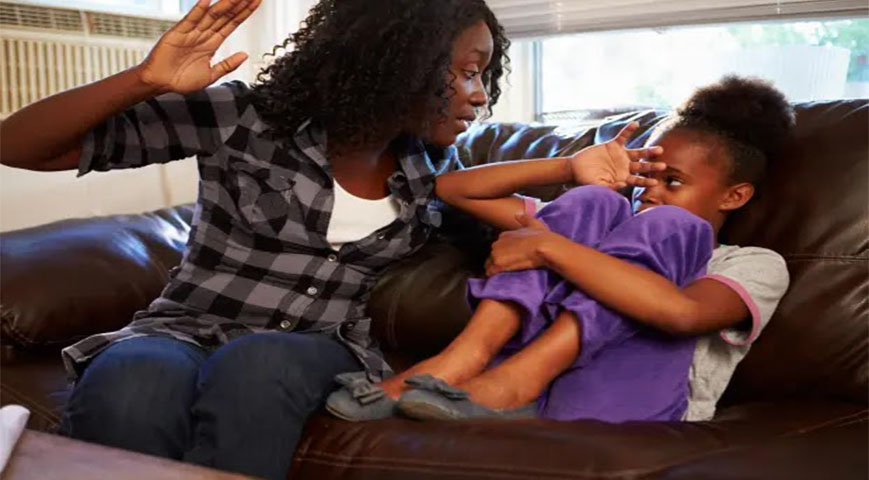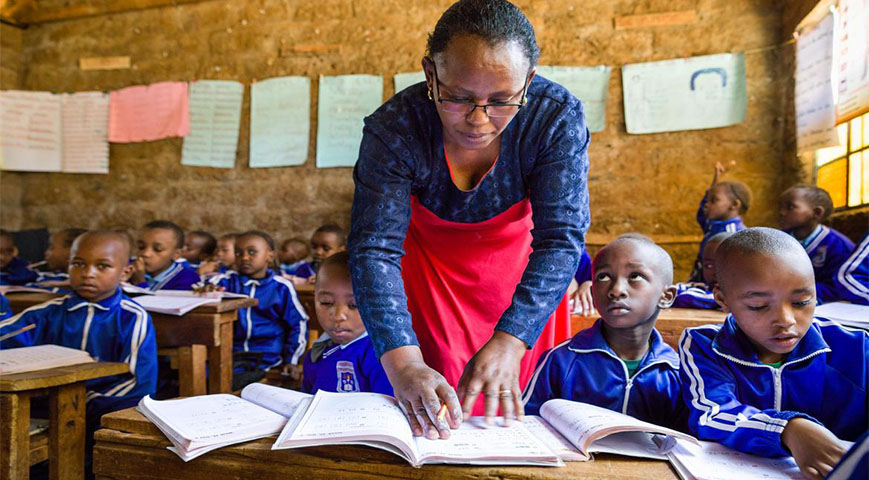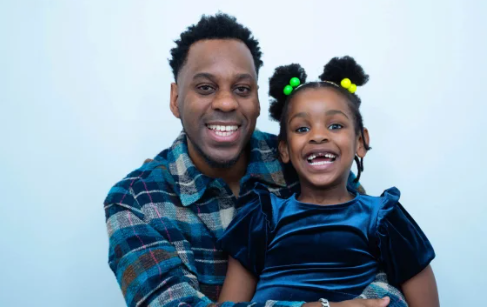Parenting can be difficult, and many parents battle to provide for their children. However, some parents may unknowingly enable their kids to participate in harmful or unhealthy behaviours. The risk can have long-term effects and impede the child's growth and development. Here are some indications that you are a helpful parent.
1 Provides explanations for your child's behaviour
When you offer justifications for your child's behaviour rather than accepting responsibility, this could indicate that you are offering him a chance. Recognize when your kid is making a mistake and assist him in understanding the repercussions of his actions. If you constantly attempt to justify their actions, they might not gain anything from what they have done and will continue.
2 keeping them from facing the consequences of their actions
while it is natural for a parent to protect their kid from harm, preventing them from facing the repercussions of their actions could be enabling them. If your child keeps getting into trouble, it is important to let them face the music for their actions.

3 Give your kid whatever he desires.
Giving attention to your baby may appear to be a method to express your affection for them, but it can harm their development. When you give your kid everything he desires, he might never discover the worth of hard work or the value of deferred gratification. Furthermore, granting the kid's requests all the time can breed arrogance and self-gratification, which could damage his interactions with others.
4 Conflict avoidance
Avoiding conflict may appear to be a simple way to maintain peace, but it may be detrimental in the long run. If you always avoid disputes and conflicts with your kid, he might be unable to resolve them healthily. Resolving disputes is a necessary talent, and by avoiding them

5 you are overprotective
being overprotective of your kids will prevent them from having real-life experiences. You are an enabler parent if you find yourself hovering over them all time, not giving them time to explore or discover things on their own












